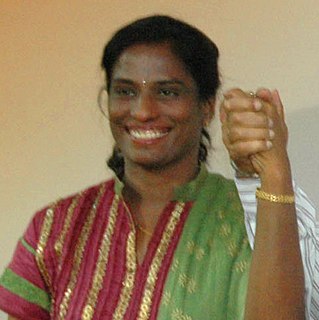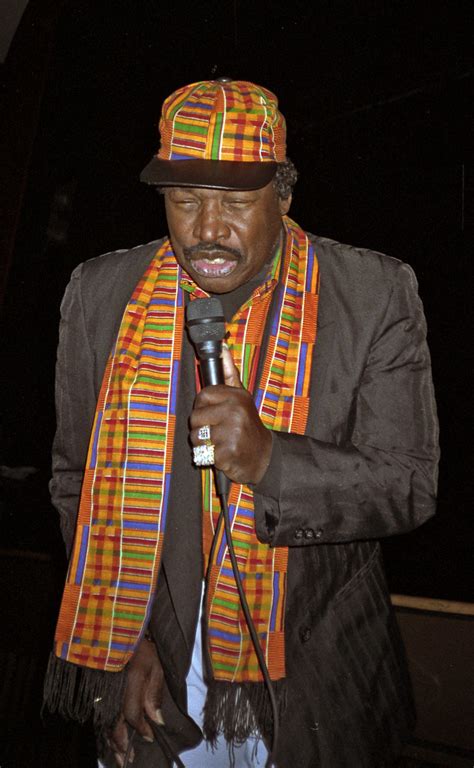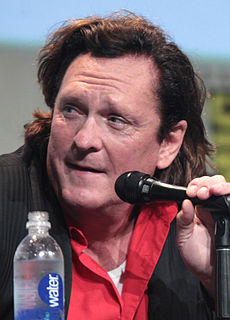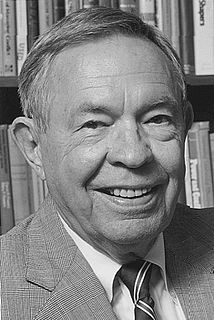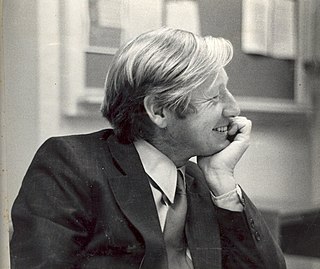A Quote by Robert D. Hales
The more I live, the more I recognize that the teaching moments in my youth, especially those provided by my parents, have shaped my life and made me who I am. It is impossible to overestimate the influence of parents who understand the hearts of their children.
Related Quotes
It is impossible to overestimate the influence of parents who understand the hearts of their children. Research shows that during the most important transitions of life—including those periods when youth are most likely to drift away from the Church—the greatest influence does not come from an interview with the bishop or some other leader but from the regular, warm, friendly, caring interaction with parents.
An alarming number of parents appear to have little confidence in their ability to "teach" their children. We should help parents understand the overriding importance of incidental teaching in the context of warm, consistent companionship. Such caring is usually the greatest teaching, especially if caring means sharing in the activites of the home.
Parents who are cowed by temper tantrums and screaming defiance are only inviting more of the same. Young children become more cooperative with parents who confidently assert the reasons for their demands and enforce reasonable rules. Even if there are a few rough spots, relationships between parents and young children run more smoothly when the parent, rather than the child, is in control.
An adolescent does not rebel against her parents. She rebels against their power. If parents would rely less on power and more on nonpower methods to influence their children from infancy on, there would be little for children to rebel against when they become adolescents. The use of power to change the behavior of children, then, has this severe limitation: parents inevitably run out of power, and sooner than they think.
We, as parents, must understand the serious responsibility that we have in inculcating love for God in the hearts of children. If our children do not feel love they will not understand God’s love because the love of the parent is translated to the children as the love of God. When they feel their parents' love, they can actually begin to understand God’s love.
You must learn to look at people who are angry with you straight in the eye without getting angry back. When children see their parents treating them this way, they then recognize the parents' authority. It speaks louder than words. Their new respect for the parents is as good for them as it is for the parents. It never works to demand respect of children. It must be given willingly as a result of strength of good character in the parents, which is manifested by their non-reaction to stress in the children.

